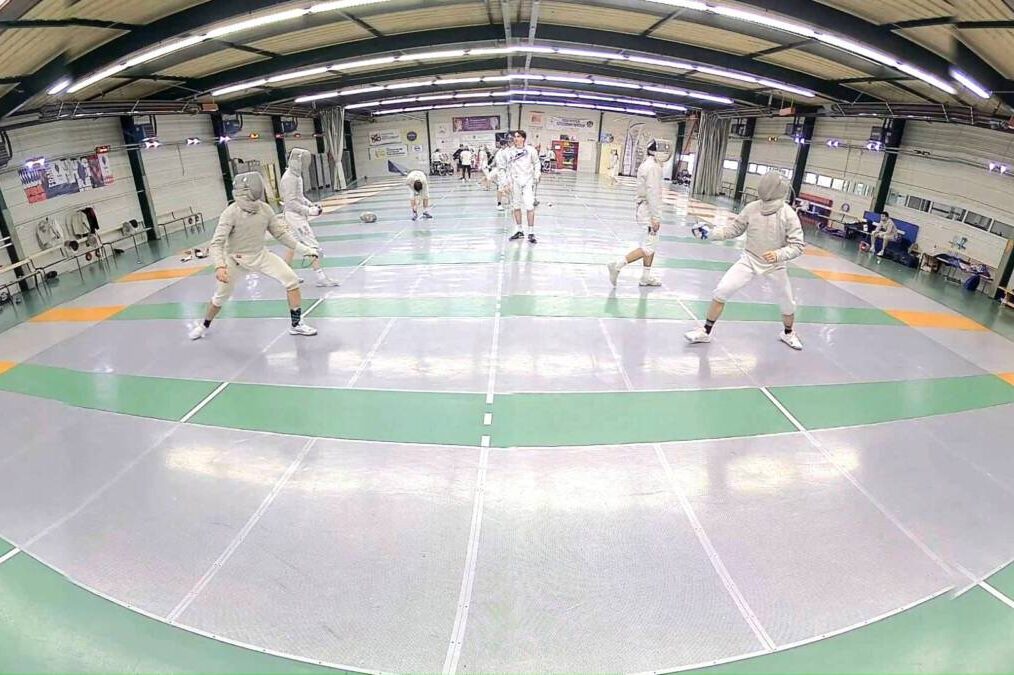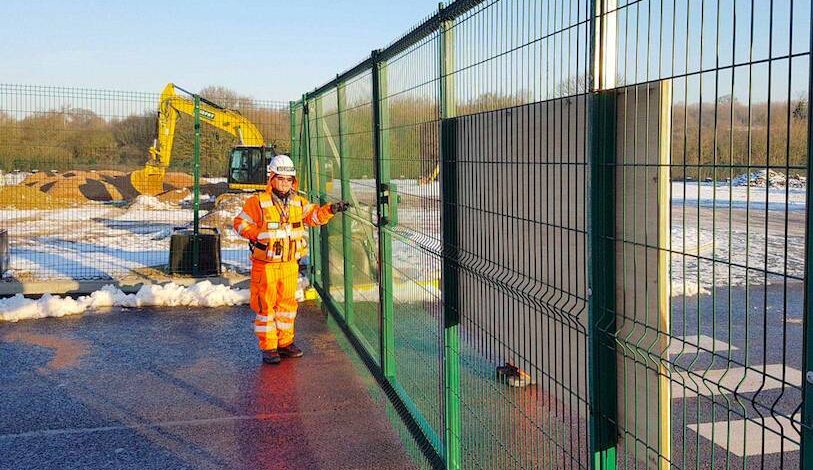
Nick Buckles, the CEO of embattled security firm G4S, has said he’s deeply sorry for the failure of his company to deliver on its security contract for the London Olympic Games.
In a 90-minute performance before the Home Affairs Select Committee, he expressed regret for the failings of his company. He struggled to recall certain facts, dates and events but accepted responsibility for the debacle, saying that as CEO of the company he was ultimately responsible.
In the early stages of the testimony, the committee members returned again and again to the question of who knew what when. Nicola Blackwood MP (Conservative) asked on what day Buckles became aware that there would be a problem supplying the right number of staff.
He replied that they had told LOCOG (London Organising Committee of the Olympic Games) on 3 July when he was informed that there was a problem with the rostering system. G4S set up a working group with LOCOG and the Home Office.
Blackwood asked, if he was told on 3 July, why did he wait eight days to tell the Home Secretary?
He replied that they were confident at that time they could deliver the numbers of staff required for the contract.
Blackwood asked on what day did he become aware that the company was going to fail to deliver?
Buckles replied that on the 11th of July, at a meeting of the Olympic Security Board, he was asked a straight question by the chairman of the OSB, Charles Farr, and replied that G4S would not be able to meet its staffing commitments.
Blame game
At one point in his testimony, he seemed to blame his managers for the problems, admitting in response to a question from the committee, “I would have expected the command chain to have dealt with this better than they have.”
He repeatedly stated that it was a large, complex and unprecedented contract, leading the committee chairman, Keith Vaz MP, to complain that he was attempting to hide behind that as an excuse.
Buckles also stated that G4S took on the contract because the company was the only organisation that was big enough to do the job. The only thing that G4S expected to gain from doing the contract was a boost to its reputation and a profit of £10 million. The profit, plus significant costs, will be eaten up by compensation and penalties which the company expects to pay.
He also revealed that staff would be given a completion bonus, agreed last week, if they turned up for all of their shifts which would be worth £1 for every hour they worked on the contract. This would be worth £500 to a guard who worked 50 hours/week for 10 weeks, the same bonus Tube drivers will get for working during the Olympics.
In a move that some committee members claimed looked like “making it up on the spot”, he also promised to give a bonus to police and military staff who were required to work the Olympics as a result of G4S’s failures.
Ian Horseman-Sewell, the G4S account director on the project, was admonished by the committee chair for claiming they could put on another Olympics in Australia at the same time despite apparently knowing at that point there were problems with the London contract.
After the hearing, Dr Julian Huppert MP was critical of Buckles’ performance, saying he didn’t appear to be on top of the issues. He also claimed the committee had forced Buckles to make all sorts of promises about bonuses to police and military, adding that it wasn’t clear Buckles had thought it out before.




























